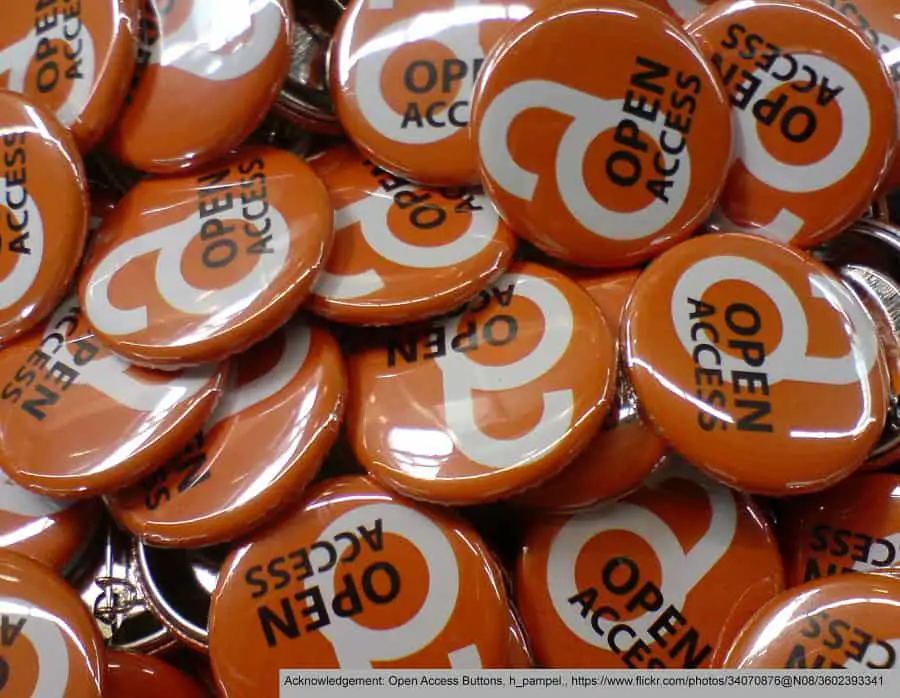We recently received an email that said:
“Hello,
In one of our previous articles we said that we cannot respond to every email we receive. Indeed, we have not responded to this one, but once this article goes live, we will send a link to the person that asked the question. By doing this (writing an article and sending a link), we hope will help more than just one person.
You’ll notice that we have kept the sender of this email anonymous, as that is the right thing to do.
What is missing from the email?
It is difficult to give advice as the email is lacking quite a lot of information that would have made it a little easier to offer concrete advice.
For example:
- The person says that they have agreed to submit their paper, inferring that they have not submitted it yet. It is difficult to see how a fee can be charged for a paper that has yet to be submitted. The simple advice would be not to submit the paper?
- It is stated that they have now found out that the publisher is charging huge fees. The quantum of the fees being requested is not provided. This may not influence the advice we give, but it would be interesting to know.
- The author of the email says that he/she has now found out that the publisher (and we assume the journal in question) is predatory. How did they find this out and what is there to support this statement?
- The scholar has signed something, but it is not clear what has been signed and how legally binding it is. Actually, even if we had been provided with a copy of the contract (let’s call it that), we are not lawyers, so could not give a definitive answer. However, it would have been interesting to have seen the document that was signed.
- The email’s author says that the publisher is either making him/her pay to have the article published, or pay a huge (quantum not provided) withdrawal fee.
- There is a huge red flag that the publisher is asking to pay to publish. Surely that decision cannot be made until after peer review?
Assuming the publisher is predatory, why not just submit a nonsense paper that cannot (should not) be accepted. We are cautious in giving this advice, as we do not know enough about the circumstances, but it is an option that sprang to mind. Although this would be different to a sting operation, it does have some parallels. We have written about stings in this article. - We may be missing the point and there might be a fee to submit the article, which is different to a publication fee. Even so, if the paper has not yet been submitted, then just don’t submit the paper.
There are some other things that we note, just for completeness.
- The author of the email only provides a single name (e.g. Steve, although it is not Steve) in their signature. There are two names as part of the email address. We Googled that name and may have located the person, but we cannot be sure. We could have looked at the email headers, but the aim of this article is not investigative.
- The person is using a gmail account. Nothing particularly wrong with that but it does provide some anonymity.
- No institution is given, which again provides a level of anonymity for the author of the email.
None of the above gives us any concerns about offering some advice but when you step your toe in the murky pool of predatory publishing and you have to be aware that people may be fishing from you, in the way that we sometimes send emails to predatory publishers to try and glean information or just waste their time.
The take home message from all of of the above is that the details are a little opaque. What does the contract say? What is it that the charge relates to (submission or publication fee)? Has a paper been submitted?
An offer
What we have said above may sound a little harsh, but it is not meant to be. We are just trying to set the scene of the email and the thought processes we have when we receive an email such as this.
We offer the author the opportunity to provide us more information, such as the journal/publisher involved, the amounts being asked for and a copy of the agreement that has been signed. It would also be useful to know the current status of this situation, as the email was received over a week ago.
We will protect the author’s anonymity, but we may be able to update this article, or write another article based on this additional information.
If you would like to take us up on that offer, please send us another email.
Our thoughts
Below are our thoughts. We hope that it is useful.
- Check if the agreement is legally binding and, will they enforce it? If you are in (say) the United States and the publisher is in (say) the United Kingdom, is it enforceable (both legally and logistically)?
- If you are a student, seek the advice of you supervisor. They would certainly have a view.
- If there are co-authors on the paper, you should (you need to) alert them to this situation.
- If you are affiliated with an institution, seek the advice from those that are there to support you. The obvious candidates that spring to mind are the Graduate School, the Head of your Research Group, your Head of School, the Dean of your Faculty and the legal team that your university probably has.
- If you really believe that the journal/publisher is predatory, look through the journal’s previous issues and see if there are any authors you can reach out to to see what experiences they had. It would be very useful if you could find an author from your own institution that you could engage with.
- As we said above, if you have not yet submitted the paper, then we cannot see (though we are not lawyers) how any journal/publisher can insist that you will pay when the paper is published, as it needs to go through peer review first.
- You could just do nothing and see what happens. In our view of predatory journals (assuming this one is predatory) they will chase, threaten and apply as much pressure as they can but ultimately are unable to force you to make payment, especially if you have not yet submitted a paper.
- Write a very simple email that you do not intend to submit and paper and you will no longer enter into any further correspondence on this matter.


